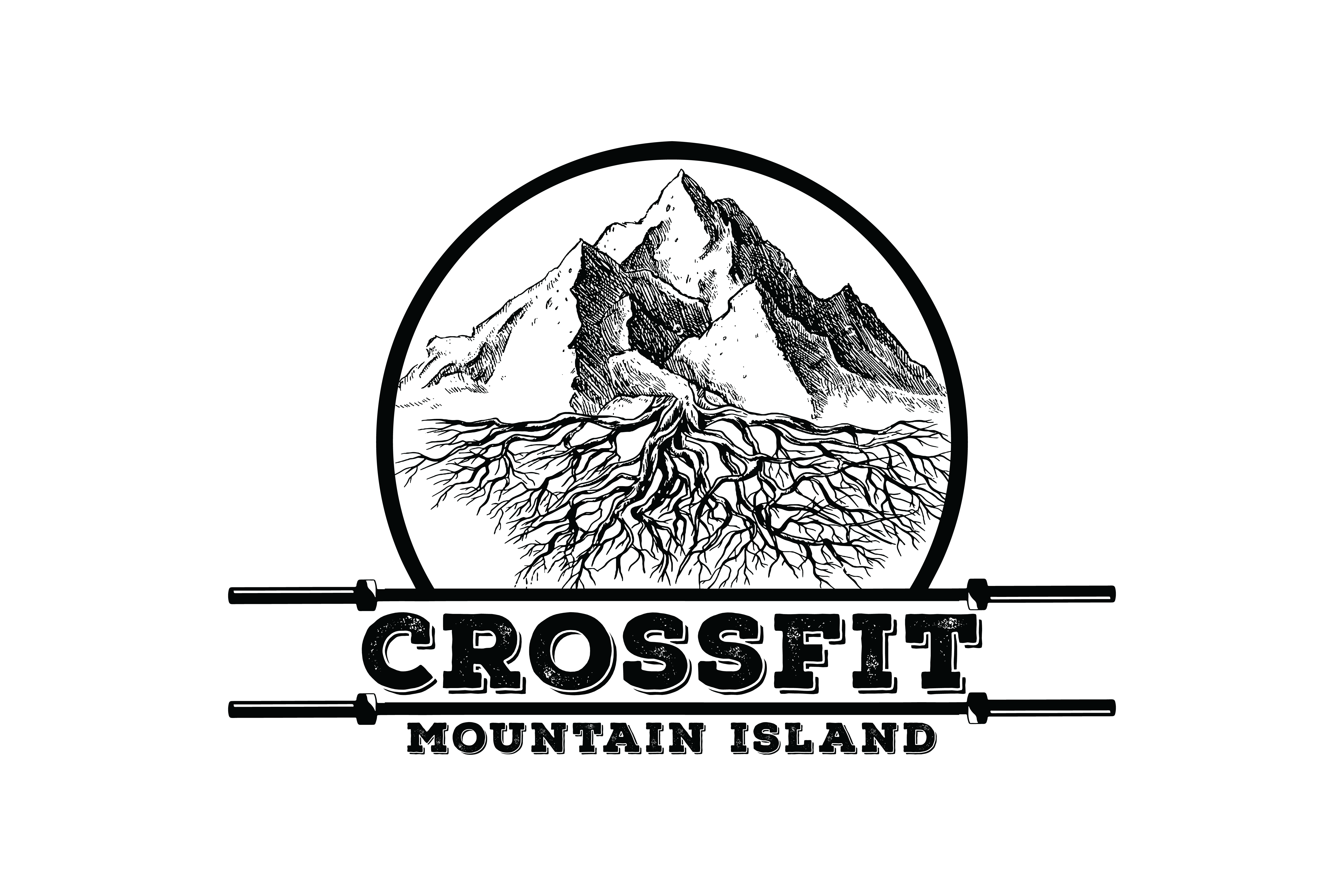How many cheat meals did you have last week? How many healthy meals?
To define that, we’d have to first establish what a “healthy meal” looks like… and that brings us to our current problem. Most people don’t realize that the way they think about and emotionally conect to their food is hurting them in the big picture.
It stands to reason that other than education, language is the next most important factor when it comes to your nutrition.
The problem with using the term “eating healthy” is the fact that the term is subjective. I would define a healthy meal as something like a plate full of lean meat and vegetables. Someone else who is vegetarian or vegan could define a good/healthy meal as a plate full of processed carbohydrates that are free of animal byproducts. Another person could define a “healthy meal” as a plate derived from the standard food pyramid, which is based around grains, dairy and fruit juices at breakfast.
It’s different. And it’s completely relative to the person, and our perception of “healthy” is framed up from our life experiences and education. I don’t know about you, but growing up no one could tell me how to eat healthy, and my teachers at school were much more concerned with the value of “x” than how to not be fat.
Instead of looking at a food as healthy or unhealthy, try this thought process instead. Treat your meal like a date. Find out what that foods intentions are. “What are you, and what are your intentions.”
I know, it sounds crazy. But try it.
So, that leaves the question that has to be answered. What are your intentions for me, food? There are three kinds of relationships/intentions driving the food choices we make. Nutrition. Addiction. Entertainment.
NUTRITION is the simplest and easiest relationship. Eat lean meats and proteins, fresh vegetables that came from the ground recently, fruits, nuts and seeds and little to no processed food. No sugar (because sugar doesn’t provide any nutritional value). Imagine a steak salad with oil and balsamic vinaigrette (no the kind from walmart with 20g of sugar per serving).
ENTERTAINMENT is a very common relationship with food. It’s born out of social settings or habitual patterns. Going out to a local brewery with your friends, or grabbing lunch and a beer with your coworkers every day. Entertainment. Sitting down in front of netflix after work and grabbing a bag of boom chicka pop or your favorite kettle chips? Having a couple handfuls of popcorn at a movie? Entertainment. Making a lasagna for your family dinner or having a couple of frozen reese’s cups after a productive week? Entertainment. And entertainment is okay, in moderation. There IS a space for entertainment when it’s partnered with nutrition.
ADDICTION is eating an entire bag of popcorn, or physically not being able to put away the bag of chips. Eating two or three sleeves of reese’s cups when you’re alone and hiding the evidence is addiction. And I’ve been there. I’m not calling you an addict, and you shouldn’t be ashamed of it. You weren’t born with an addictive personality, and you don’t have a disease. I’m saying that these foods inherently have addictive qualities, and you’re not supposed to be able to beat them. In fact, the industry that creates these foods is banking everything on the fact that you can’t.
*Guys, help. I’m addicted to breathing. I just can’t seem to stop!
You’re not an addict. A lot of the actions we do repeatedly, we do because they’re habitual. A lot of progress can come from awareness and intention. Start with your language.
Sometimes, we aren’t prepared and that leads to us eating whatever is available. If we’re intentional, those choices look a lot like damage control and are often the best of the situation at hand. Convenience food goes into the entertainment category. It shouldn’t happen often, but when it does happen just keep it under control by being aware.
Try it. Start labeling your food based on what purpose it is serving for you. Because at the end of the day, everything we eat is a choice. By bringing awareness in the moment by thinking “what is this foods intention for me, and what is it’s purpose”, we start seeing things more clearly. Don’t put narratives on yourself or judge yourself. It’s just food, you’re not committing war crimes. Just practice being aware of what you’re eating and why, and choose to make goal-based decisions from there.
After changing our language and seeing our relationship with food more clearly, we stop giving it as much power over our emotions. Then, great things happen.
Now, you’re in the drivers seat. Once you have clarity as to what’s going on and what certain foods intend for your body, it’s a lot easier to make rational decisions.
I’m not asking you to build a new relationship with food. Only to reveal your current one and be aware.
If you’re up for it, send me an email with your top go-to’s for Nutrition, Entertainment and Addiction.
I’ll show you mine if you show me yours. cfmountainisland@gmail.com
In Health,
Coach Coty



